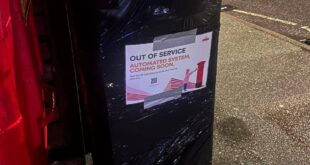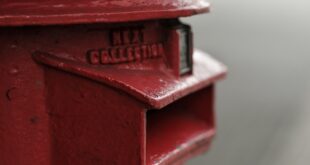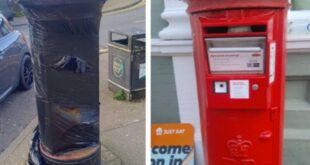- 7 October 2021
- Transport / Logistics Services
Royal Mail has begun a trial of delivery drones between the Orkney Islands of Kirkwall and North Ronaldsay, to test drone deliveries of parcels and mail to remote island communities.
The trial of the Windracers uncrewed aerial vehicles (UAVs) is part of a UK government research project looking at reducing the carbon emissions in delivering mail to remote communities. North Ronaldsay is further north than the southern tip of Norway and has 70 residents. The distance between Kirkwall Airport and the island is 35 miles, and using a UAV the route should be less affected by poor weather and tides, and will also reduce emissions in getting mail and parcels to the island.
The Windracers ULTRA UAV has a payload capacity of 100kg – equivalent to a normal delivery round – and will be picked up by the local postie who will go door to door, delivering mail in the usual way.
This is not the first UAV trial to remote islands, with one recently being done to the Scilly Islands off Cornwall.
Nick Landon, Chief Commercial Officer at Royal Mail, said: “At Royal Mail we care about delivering a brilliant service for all of our customers, wherever they live in the UK. We are also incredibly passionate about protecting our diverse and beautiful environments. This trial is designed to help with both of these goals, using the most innovative technologies to support the remote and isolated communities we serve in the greenest way possible. The trialling of drone technologies is just one of the ways we are supporting our postmen and postwomen to deliver an amazing service, while reducing our carbon emissions.”
Charles Scales, Chief Executive Officer at Windracers, said: “Windracers is delighted to be operating one of our 100kg payload ULTRA UAVs to North Ronaldsay for Royal Mail. Our autonomous system will deliver an all-weather service for the community and significantly lower carbon emissions. We would like to thank our SATE project partners, HIAL, the University of Southampton and Innovate UK.”
Source link



